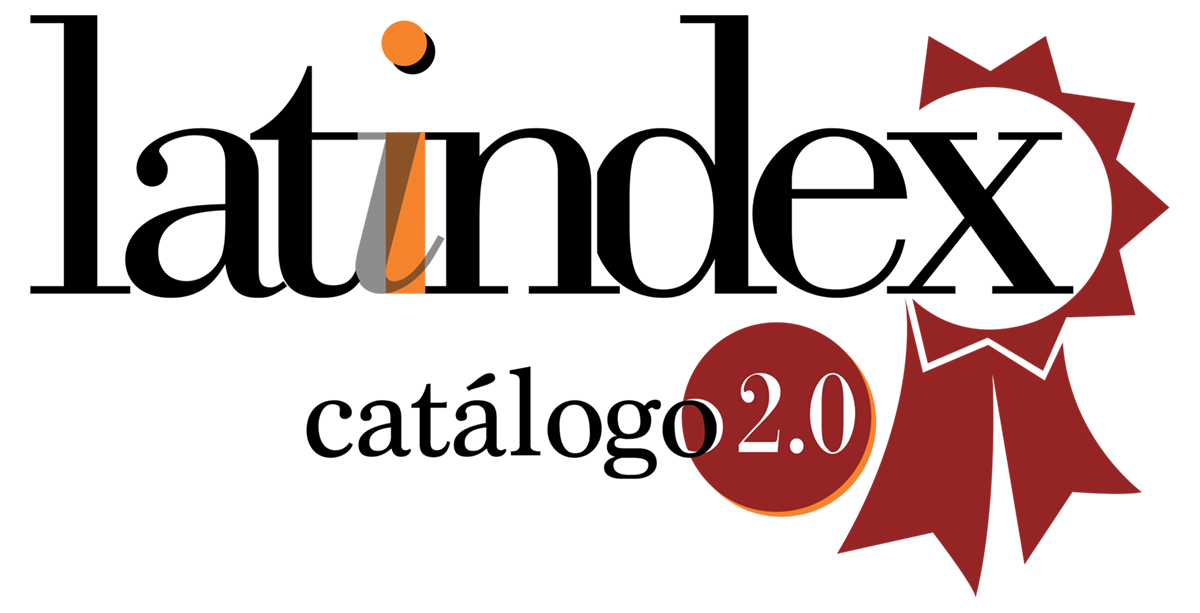Urban Vegetable Garden-Elderly Project
Systematization of Experiences of Knowledge and Peasant Practices
DOI:
https://doi.org/10.24215/18529569e032Keywords:
ancestral knowledge, urban context, social construction, dialogue of knowledgeAbstract
This article addresses the process of systematizing experiences of the Huerta Urbana-Adulto Mayor Project in the Revivir Siglo XXI foundation, located in the Municipality of Soacha, Colombia, between 2015 and 2019. The research was generated through the life stories of the main actors who participated actively and voluntarily in the institution. The main objective was to identify the peasant knowledge and practices that come together and relate to the community, management personnel, students and university professors who accompanied this educational and practical process. Through in-depth interviews and focus groups, different ways of cultivating rooted in ancestral knowledge and peasant practices reconfigured in urban contexts were identified.
Downloads
References
Benavides Hernández, F. A. y Marín Burgos, S. (2019). Caracterización de memorias colectivas a través del diálogo de saberes entre jóvenes y adultos de la Comunidad Campesina Ordeurca de Antomoreno, Sotará (Tesis de pregrado). Fundación Universitaria de Popayán. Colombia. Recuperado de http://unividafup.edu.co/repositorio/items/show/164
Camejo-Ruiz, J. C. (2018). Saberes campesinos para el desarrollo agroecológico sostenible desde la cosmovisión de los actores sociales. Agrollanía, 16(2), 1-7. Recuperado de http://www.postgradovipi.50webs.com/archivos/agrollania/2018_esp/Articulo%201.pdf
Hernández Sampieri, R., Fernández Collado, C. y Baptista Lucio, M. D. (2014). Metodología de la investigación. Ciudad de México, México: McGraw Hill.
Jara, O. (2018). La sistematización de experiencias: práctica y teoría para otros mundos posibles. Bogotá, Colombia: CINDE.
Londoño Escobar, M. E., Lozano Hurtado, A. M. e Hincapié, J. M. (2018). Las prácticas sociales campesinas y su implicación en el contexto escolar y social (Tesis de maestría). Corporación Universitaria Minuto de Dios UNIMINUTO. Guadalajara de Buga, Colombia. Recuperado de https://repository.uniminuto.edu/handle/10656/7705
Melero Aguilar, N. (2012). El paradigma crítico y los aportes de la investigación acción participativa en la transformación de la realidad. Un análisis desde las ciencias sociales. Cuestiones pedagógicas, (21), 339-355. Recuperado de http://hdl.handle.net/11441/12861
Morales-García, L. M. (2016). De la memoria colectiva e identidad colectiva, al establecimiento de lugares de la memoria en la vereda la Florida del municipio de Viotá. (Tesis de pregrado). Universidad Piloto de Colombia. Recuperado de http://repository.unipiloto.edu.co/handle/20.500.12277/8927
Núñez, J. (2004). Los saberes campesinos: implicaciones para una educación rural. Investigación y Postgrado, 19(2), 11-58. Recuperado de http://ve.scielo.org/scielo.php?script=sci_arttext&pid=S1316-00872004000200003
Núñez, J. (2008). Prácticas sociales campesinas: saber local y educación rural. Investigación y Postgrado, 23(2), pp.45-88. Recuperado de https://www.redalyc.org/pdf/658/65815752003.pdf
Ocampo Bedoya, M. (2016). Saberes y modos de vida campesinos, un acercamiento desde y para construir un Trabajo Social Intercultural (Tesis de pregrado). Universidad de Antioquia, Colombia. Recuperado de http://hdl.handle.net/10495/14639
Vergara-Buitrago, P. A. (2018). Los saberes campesinos como estrategia de desarrollo rural en la Serranía de los Yariguíes (Santander, Colombia). Anales de Geografía de la Universidad Complutense, 38(2), 461-477. https://doi.org/10.5209/AGUC.62488
Additional Files
Published
How to Cite
Issue
Section
License
Copyright (c) 2022 Daniel Andrés Bravo Villanueva, Ildefonso Arias Perales

This work is licensed under a Creative Commons Attribution-NonCommercial-ShareAlike 4.0 International License.
The acceptance of an original by the journal implies the non-exclusive transfer of the patrimonial rights of the authors in favor of the publisher, who allows the reuse, after its edition (postprint), under a Creative Commons License Attribution-NonCommercial-ShareAlike 4.0 International.
According to these terms, the material can be shared (copy and redistribute in any medium or format) and adapted (remix, transform and create another work from the material), provided that a) the authorship and the original source of their publication (magazine and URL of the work) are cited, b) is not used for commercial purposes and c) the same terms of the license are maintained.
The assignment of non-exclusive rights implies that after postprint in Extensión en red authors may publish their work in any language, media and format; in that case, it is requested that they signal that the material was originally published by this journal.
Assignment also entails the authors’ authorization for the work to be collected by SEDICI, the institutional repository of the Universidad Nacional de La Plata, and for it to be indexed in the databases that the publisher thinks appropriate for enhancing the visibility of the published work and its authors.
In addition, the journal encourages authors to submit their works to other institutional and thematic repositories after their publication in Extensión en red, under the assumption that offering society unrestricted access to scientific and academic production contributes to a greater exchange in global knowledge.








.jpg)

.png)


.png)





















